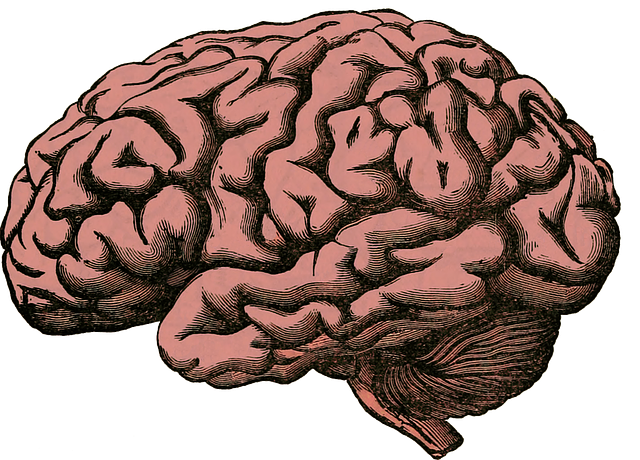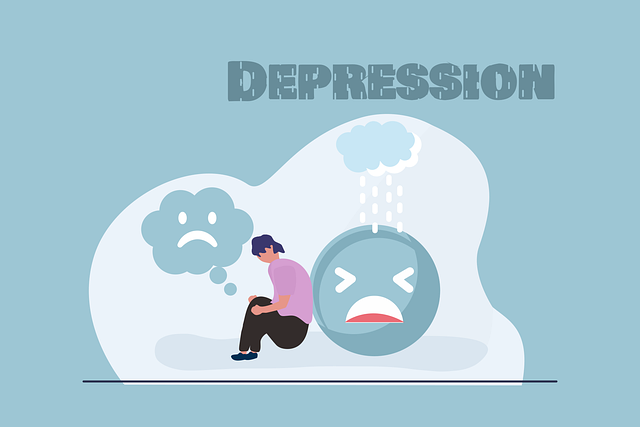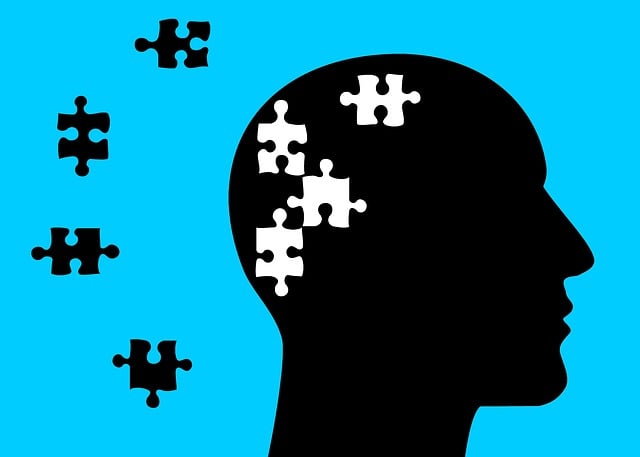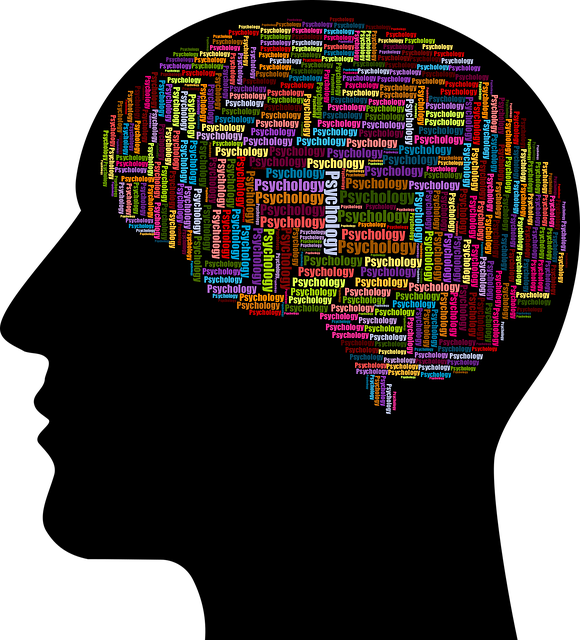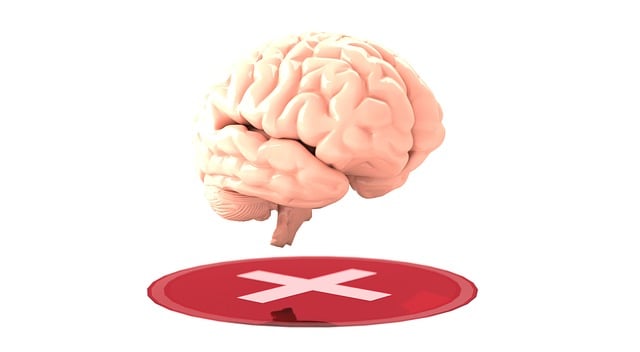Highlands Ranch Learning Disability Therapy offers a holistic approach to mental health support, focusing on emotion regulation as a cornerstone. By teaching clients to identify and manage their emotions through techniques like conflict resolution and mental wellness coaching, they develop emotional intelligence. This process includes self-awareness exercises, cognitive restructuring via CBT, mindfulness practices for stress reduction, and tailored behavioral interventions. The therapy's Mental Health Education Programs Design equips individuals with learning disabilities to adaptively respond to situations, ultimately improving their mental wellness and quality of life.
Emotion regulation techniques are essential tools for managing mental health, especially for individuals with learning disabilities. This article explores various strategies taught at Highlands Ranch Learning Disability Therapy, offering a comprehensive guide to unlocking emotional potential. We delve into understanding emotional triggers, cognitive restructuring, mindfulness practices, and behavioral interventions. By identifying patterns and employing evidence-based techniques, individuals can navigate and regulate their emotions effectively, fostering better mental well-being.
- Understanding Emotion Regulation: Unlocking the Potential in Highlands Ranch Learning Disability Therapy
- Identifying Emotional Triggers and Patterns: A Foundation for Teaching Strategies
- Cognitive Techniques: Shaping Thought Patterns for Better Emotion Management
- Mindfulness and Relaxation Practices: Calming the Mind, Stabilizing Emotions
- Behavioral Interventions: Building Healthy Coping Mechanisms through Action
Understanding Emotion Regulation: Unlocking the Potential in Highlands Ranch Learning Disability Therapy

Emotion regulation is a vital skill that empowers individuals to navigate their emotional experiences with resilience and adaptability. In the context of Highlands Ranch Learning Disability Therapy, understanding emotion regulation becomes a cornerstone of holistic mental health support. This approach recognizes that emotions are a natural part of the human experience but that learning to manage them effectively can significantly enhance overall well-being. By integrating techniques such as conflict resolution strategies and mental wellness coaching programs, the therapy offers a comprehensive Mental Health Education Programs Design tailored to individual needs.
The process involves helping clients identify and understand their emotions, providing tools to assess situations objectively, and teaching strategies to adaptively respond rather than react impulsively. This not only fosters better emotional intelligence but also equips individuals with skills to thrive in diverse environments, including school or workplace settings. Through this tailored approach, Highlands Ranch Learning Disability Therapy unlocks potential, enabling clients to develop effective emotion regulation techniques that contribute to improved mental wellness and enhanced quality of life.
Identifying Emotional Triggers and Patterns: A Foundation for Teaching Strategies

Identifying emotional triggers and patterns is a fundamental step in teaching effective emotion regulation techniques, especially for individuals with learning disabilities, as seen in Highlands Ranch Learning Disability Therapy. Understanding what sets off strong emotions or specific emotional responses helps people gain valuable insights into their unique emotional landscapes. By recognizing recurring triggers and patterns, one can begin to unravel the complex web of connections between thoughts, feelings, and behaviors.
This process involves self-awareness exercises that encourage individuals to pay close attention to their internal experiences. It might include keeping a journal to track emotional responses over time or using meditation practices to cultivate mindfulness. By developing a consistent self-care routine, as part of better mental health strategies, people can learn to anticipate and manage their emotions more effectively. Emotional intelligence, a key outcome of this practice, equips individuals with the skills to recognize, understand, and manage their own emotions, as well as perceive, interpret, and influence the emotions of others.
Cognitive Techniques: Shaping Thought Patterns for Better Emotion Management

Cognitive techniques play a pivotal role in emotion regulation by helping individuals identify and shape their thought patterns. This involves recognizing negative or distorted thinking that can lead to intense emotions, such as anxiety or depression. Through therapeutic practices, like cognitive-behavioral therapy (CBT), folks in Highlands Ranch Learning Disability Therapy learn to challenge these thoughts and replace them with more balanced perspectives. By doing so, they gain better control over their emotional responses.
This process empowers people to develop effective self-care routines for managing stress and preventing depression. By learning to modify thought processes, individuals can cultivate healthier coping mechanisms that enhance overall mental well-being. This approach, coupled with Stress Reduction Methods, offers a proactive way to navigate life’s challenges and maintain emotional equilibrium.
Mindfulness and Relaxation Practices: Calming the Mind, Stabilizing Emotions

Mindfulness and relaxation practices are powerful tools in emotion regulation, especially for individuals with learning disabilities or those seeking to prevent burnout in demanding professions like healthcare. These techniques aim to calm the mind and stabilize emotions by focusing on the present moment. Through mindfulness meditation, one learns to observe thoughts and feelings without judgment, fostering a deeper awareness of internal states. This heightened awareness enables people to recognize early signs of emotional distress, allowing them to employ coping strategies before emotions escalate.
In the context of Highlands Ranch Learning Disability Therapy, mindfulness can be tailored to meet unique needs. It offers a way to manage stress and anxiety, which are common challenges for many with learning disabilities. By incorporating relaxation practices, individuals can develop a sense of tranquility and emotional resilience, enhancing their overall well-being. Moreover, these techniques complement social skills training and conflict resolution strategies by promoting self-awareness and emotional intelligence—essential components in effective communication and healthy relationships.
Behavioral Interventions: Building Healthy Coping Mechanisms through Action

Behavioral interventions play a pivotal role in emotion regulation techniques teaching, particularly for individuals with learning disabilities, such as those seen in Highlands Ranch Learning Disability Therapy. These interventions focus on helping individuals develop and implement healthy coping mechanisms in their daily lives. By engaging in specific actions, one can regulate emotions more effectively. For instance, mindfulness practices, like deep breathing exercises or meditation, empower people to acknowledge and accept their feelings without judgment.
Additionally, behavioral strategies encourage the development of emotional intelligence, which is crucial for understanding and managing one’s own and others’ emotions. Incorporating these techniques into therapy sessions, alongside Mental Wellness Coaching Programs Development and Self-Care Routine Development for Better Mental Health, can lead to significant improvements in overall mental wellness. Through consistent practice, individuals gain valuable tools to navigate and overcome emotional challenges, fostering a sense of control and well-being.
Emotion regulation techniques offer a powerful toolkit for individuals seeking to navigate and manage their emotional well-being. As demonstrated by Highlands Ranch Learning Disability Therapy, understanding and identifying emotional triggers are pivotal steps towards personal growth. By combining cognitive techniques, mindfulness practices, and behavioral interventions, individuals can gain control over their emotions, leading to improved mental health and enhanced quality of life. These strategies, when taught effectively, empower folks to overcome challenges and embrace a more balanced and resilient state of being.


